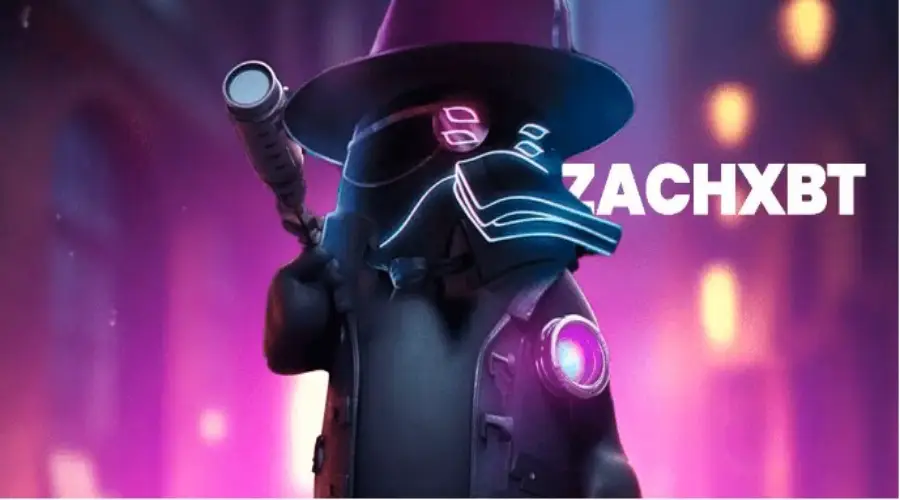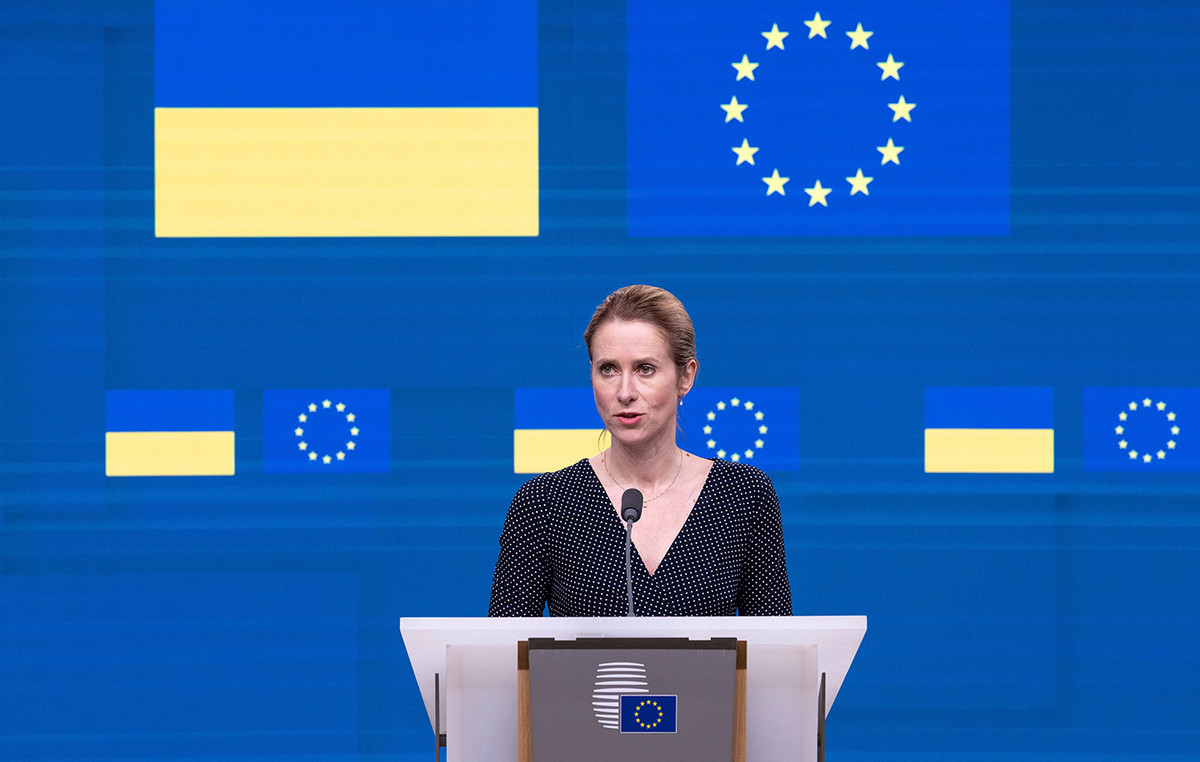Scottish Prime Minister Humza Yousaf resigned from his position this Monday (29).
The move marks the collapse of his coalition government – a humiliating and chaotic exit that throws his pro-independence party into chaos.
Yousaf's government unexpectedly collapsed last week when he tore up a coalition agreement with Green Party lawmakers, a risky move that backfired spectacularly when the Greens said they would vote against him in a confidence motion.
The ruling Scottish National Party (SNP) will now offer a candidate to replace Yousaf, he announced at a press conference on Monday.
Yousaf took over as leader of the SNP last March, hoping to extend the party's political dominance into a third decade and strengthen the case for a new referendum on Scottish independence.
But the party's worsening legal troubles and a tumultuous coalition deal have put its leadership in a fragile position, and an unforced error in expelling two Green lawmakers from its government has left Yousaf in a five-day fight for her job.
“Unfortunately, in ending the Bute House Agreement in the way I did, I clearly underestimated the level of hurt and disruption it caused to Green colleagues,” he admitted at his press conference.
“For a minority government to be able to govern effectively, trust when working with the opposition is clearly fundamental,” he said.
The left-leaning SNP has led Scotland's devolved government since 2007 and forced an independence vote in 2014 in which Scottish voters chose to remain part of the United Kingdom.
Yousaf called for another vote in the coming years, insisting that the UK's departure from the European Union – which the Scots voted against – changed the calculus.
But their calls were rebuffed at Westminster and undermined by a lengthy police investigation into financial irregularities carried out by the SNP, which undermined their public support.
The SNP will now try to elect a replacement to lead Yousaf's government, but it is two seats short of a majority in Holyrood, Scotland's seat of power, meaning any potential leader would have to win over opposition lawmakers to govern effectively.
If the opposition unites to block a new appointment, Scotland could end up facing the prospect of going to the polls in a snap election.
Opinion polls suggest the SNP would face a two-way battle with the resurgent, pro-union Labor Party for control of parliament, having lost some of its support since the last vote in 2021.
But the SNP hopes to avoid that possibility by finding a leader who can win enough support from opposition parties. Yousaf said on Monday that he would remain in the role until a new leader was chosen.
The SNP's descent into disarray has, however, derailed a remarkable 17-year run of supremacy in Scotland, diminishing the prospect of the bloc achieving its Holy Grail: abandoning union with England, Wales and Northern Ireland and stand alone as an independent country.
Source: CNN Brasil
Bruce Belcher is a seasoned author with over 5 years of experience in world news. He writes for online news websites and provides in-depth analysis on the world stock market. Bruce is known for his insightful perspectives and commitment to keeping the public informed.







